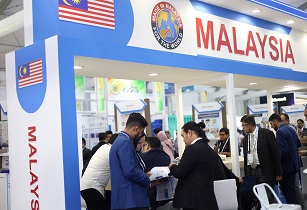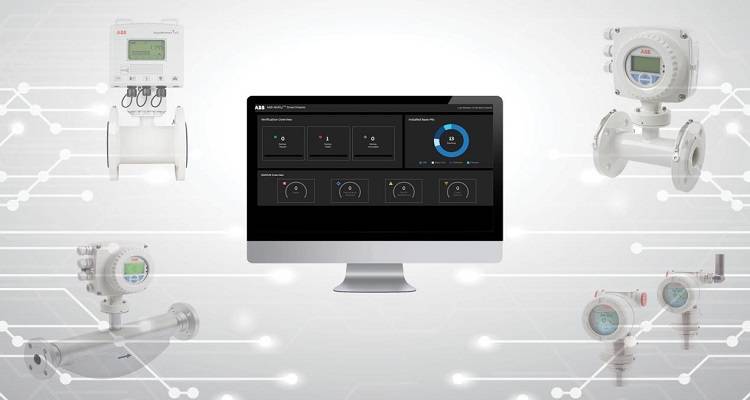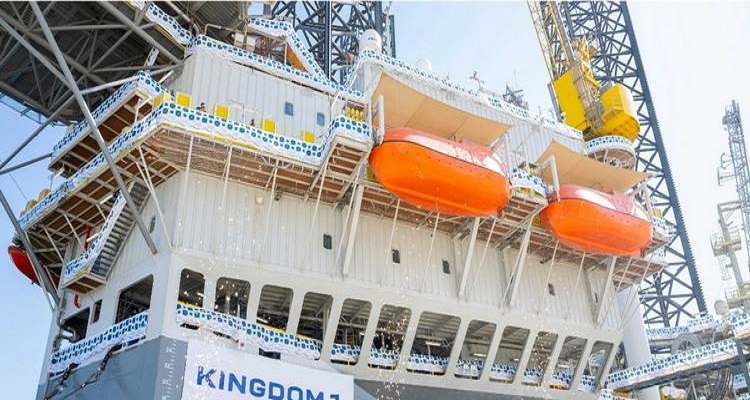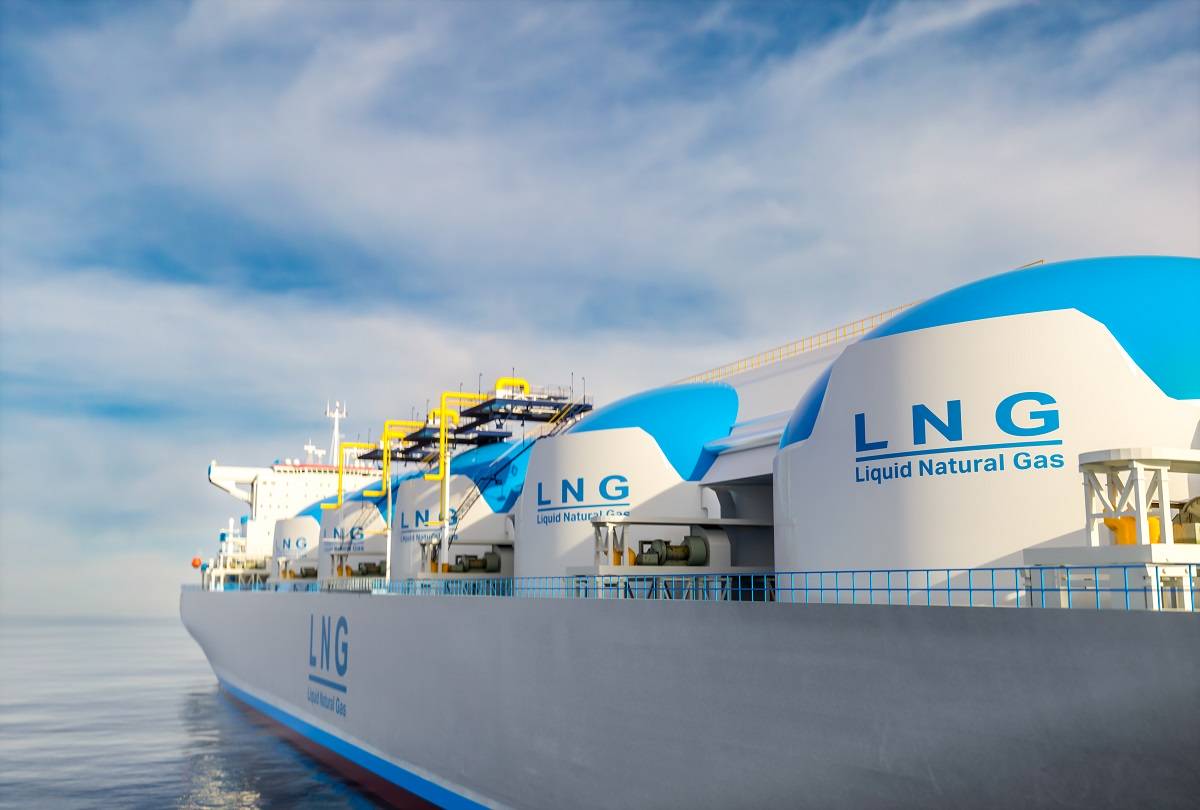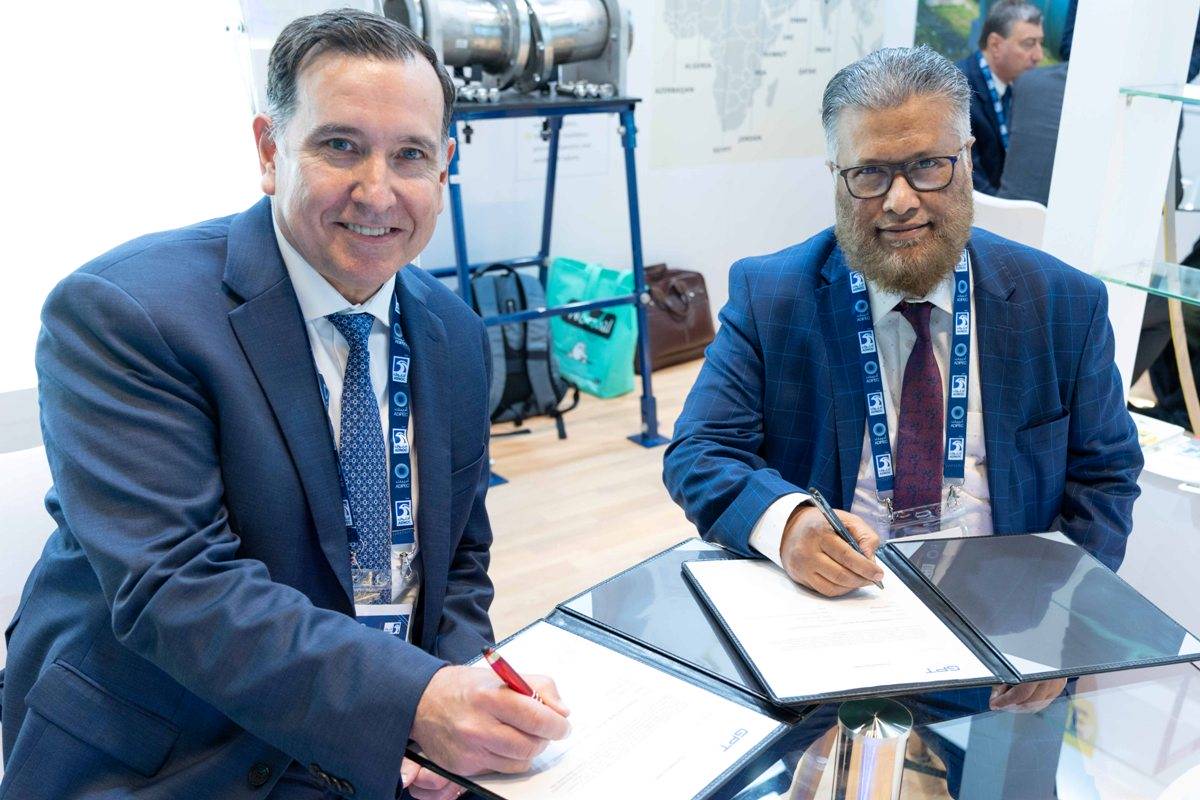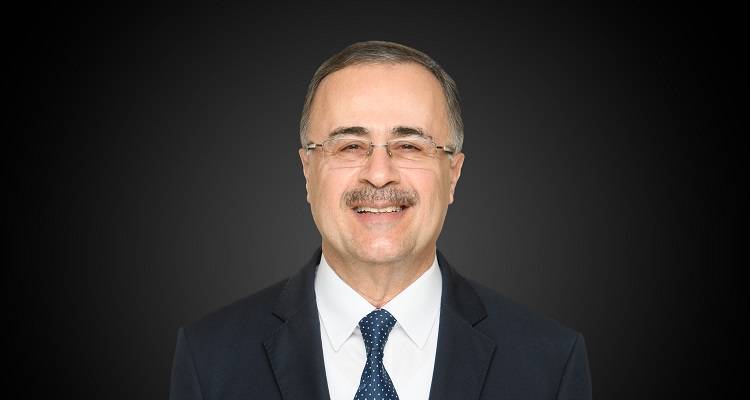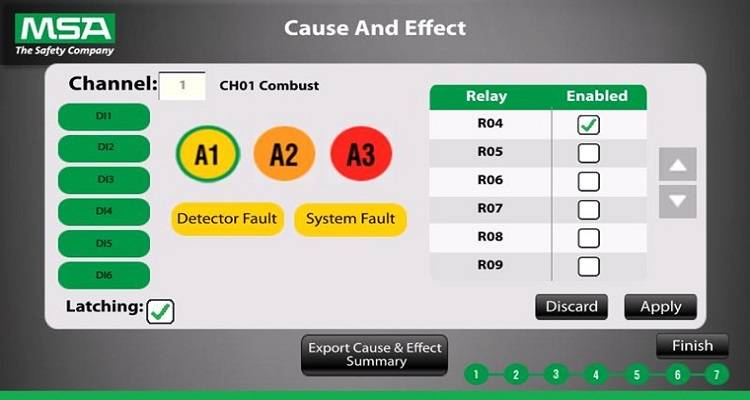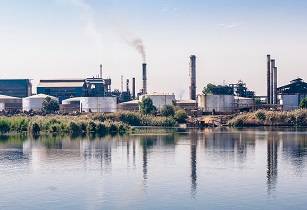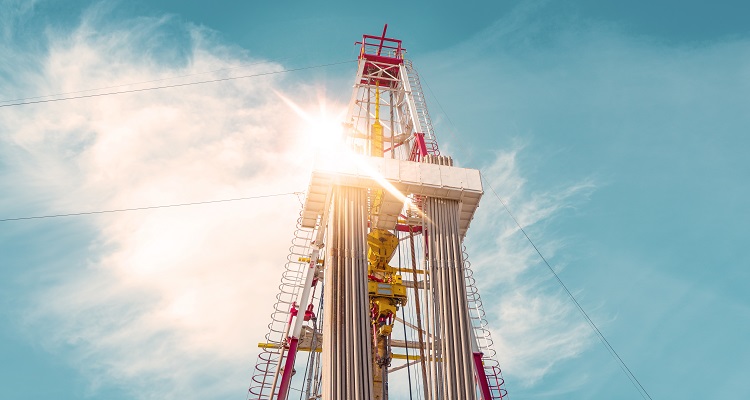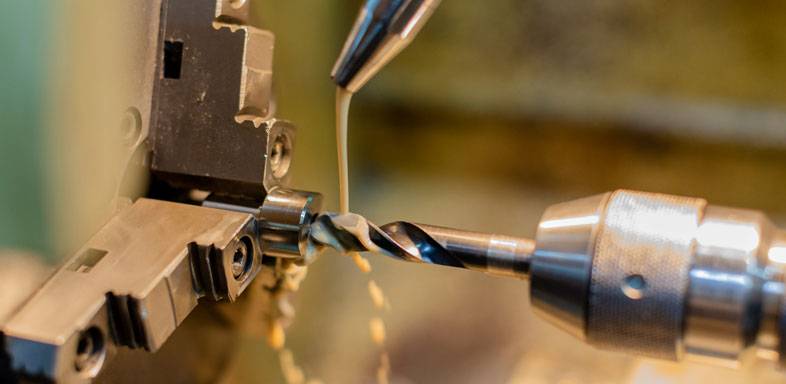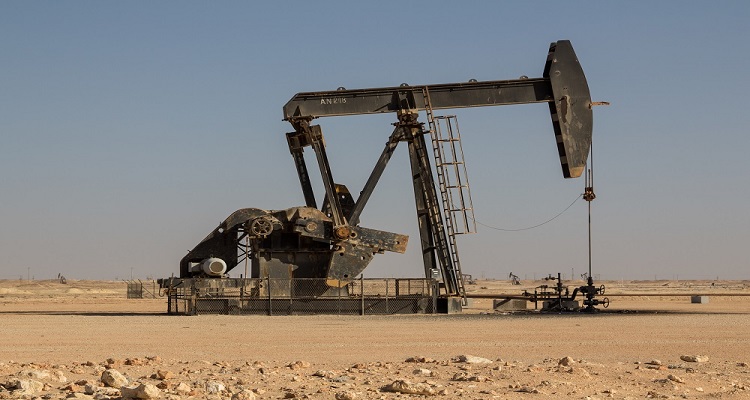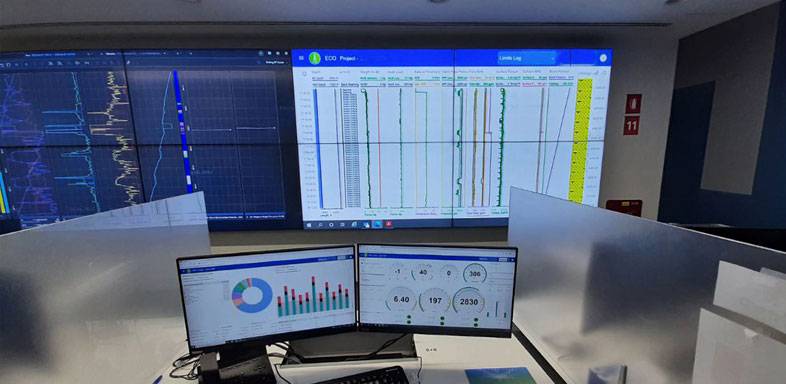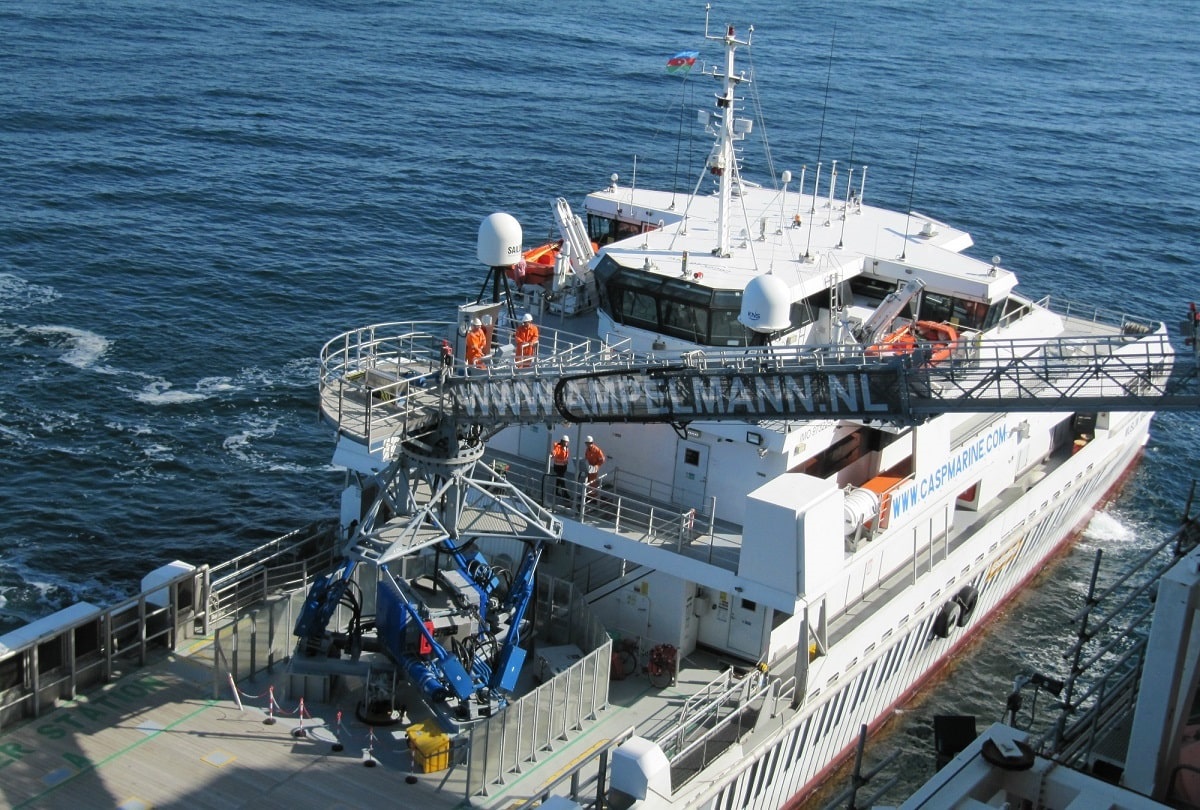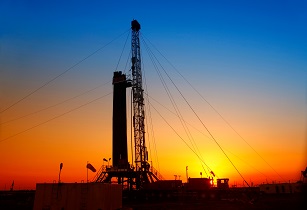Malaysia is looking to emerge as a major energy market for the Middle East, said S. Jai Shankar, director and Sustainability lead of Oil & Gas, Chemical and Energy Section for MATRADE at ADIPEC, held in Abu Dhabi from 31 October to 3 November
In the aftermath of the Covid-19 pandemic, said Shankar, Malaysian companies pulled away from exploring new markets. “We saw this in the European and the American market, for example. But now the interest remains very strong in the Middle East market.”
Shankar foresees that the interest in the region will increase in various different parts of the ecosystem in the value chain. Besides in the past, the industry was focused predominantly on products, but today it is the service sector that is dominating.
“We have a lot of different and interesting kinds of services, and it is in line with what the government is trying to do. We're trying to encourage service companies to flourish outside of Malaysia.”
Malaysia is not just encouraging its oil and gas companies but also its renewables industry. Shankar commented that at forums such as ADIPEC, the “messaging is clear. We will have to look into the green economy, but oil and gas remains critical. So Malaysia is in a nice position where oil and gas remains critical for us but at the same time, we are also moving into the green space.”
Increasingly, there will be more interest in the Middle Eastern market for both the oil and gas as well as the green economy. With regards to sustainability, Malaysia is predominantly focused on renewables, especially solar energy. The government seems to be encouraging solutions in the areas of storage, especially for batteries.
 Shankar mentioned that companies that are in the space for regeneration of EV batteries are gaining traction as well. Meanwhile, technologies related to hydrogen are also being tested, with the state of Sarawak in Malaysia having a hydrogen master plan where they are pushing for the adoption of hydrogen to attract trade and investment related to it.
Shankar mentioned that companies that are in the space for regeneration of EV batteries are gaining traction as well. Meanwhile, technologies related to hydrogen are also being tested, with the state of Sarawak in Malaysia having a hydrogen master plan where they are pushing for the adoption of hydrogen to attract trade and investment related to it.
Malaysia is also focusing on digitalisation for the purposes of sustainability, according to Shankar. “The oil and gas industry is adopting digitalisation in a big way. In fact, the path towards sustainability has to be paved by digitalisation. So if you are not doing this, you cannot go into the sustainability space, it’s just difficult because data is the heartbeat of the whole sustainability journey.”
More importantly, Shankar hopes that MATRADE can collaborate with local funding to develop a start-up ecosystem in the region.
“I think that space is very interesting because if we look at the oil and gas industry, the startup ecosystem is not as mature as other industries…For the other industries, they have gone in and are rebuilding their revenue models and putting in new technologies. In the oil and gas sector, it's still just growing.”
Meanwhile, he said that two things are necessary for quick adaptation so that we can move into the sustainability space.
“Firstly, we need companies to start adapting, so procurement plays a role. The second one is funding, and funding cannot be isolated regionally. So we do find that there are a lot of potential financing capabilities within the UAE that maybe we can match with IP. We are looking into green IP, for example, as an opportunity.”
“We are looking at matching Malaysian technologies to grow and become startups in the UAE. So if we can imagine a marriage between Malaysian knowhow, technology and skill sets with some funding and with ecosystem support from the UAE, it could be something very new, but that could be something that is beneficial for both countries.”
Sixteen leading Malaysian companies had showcased their products and services at the Malaysian Pavilion at ADIPEC in 2021, but this year the number increased to twenty, and a few more had to be turned down due to space constraints. Another nine companies had joined as part of the export accelerated mission.
“We've always had good relationships with countries in the Middle East, and it [the Middle East] has also been a gateway for trade into other countries. It has been a warm, historical relationship which has translated into trade and investment over the years,” Shankar concluded.






